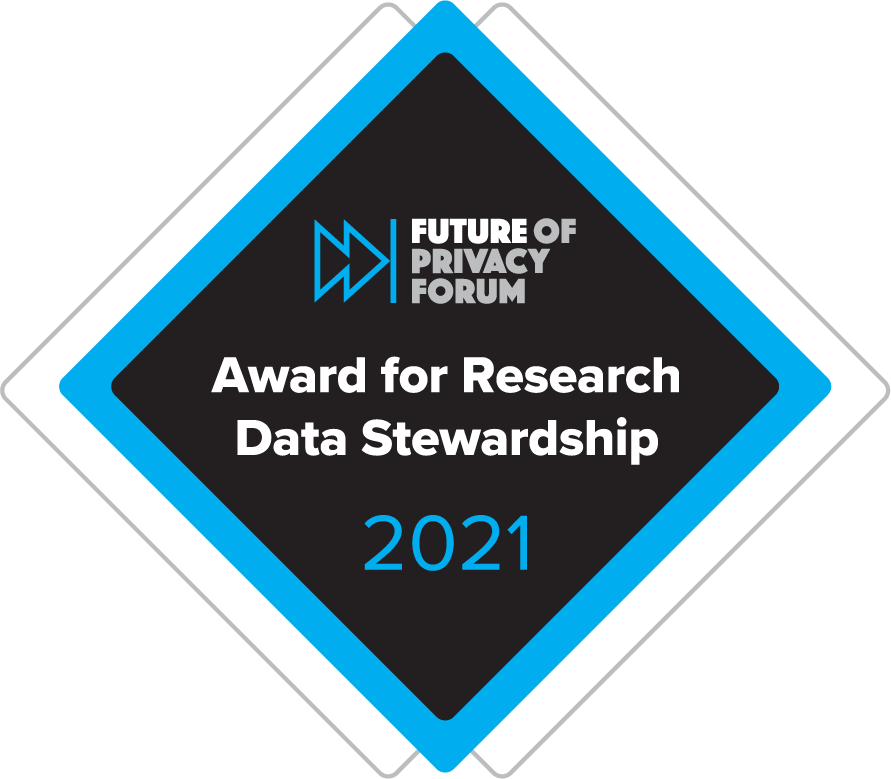
Uniform Law Commission Finalizes Model State Privacy Law
This month, the Uniform Law Commission (ULC) voted to approve the Uniform Personal Data Protection Act (UPDPA), a model bill designed to provide a template for uniform state privacy legislation. After some final amendments, it will be ready to be introduced in state legislatures in January 2022. The ULC has been engaged in an effort […]

Stanford Medicine & Empatica, Google and Its Academic Partners Receive FPF Award for Research Data Stewardship
The second-annual FPF Award for Research Data Stewardship honors two teams of researchers and corporate partners for their commitment to privacy and ethical uses of data in their efforts to research aspects of the COVID-19 pandemic. One team is a collaboration between Stanford Medicine researchers led by Tejaswini Mishra, PhD, Professor Michael Snyder, PhD, and […]

Research from Stanford Medicine and Empatica, Inc: Early Detection of COVID-19 Using Empatica Smartwatch Data
Tejaswini Mishra, PhD, Michael Snyder, PhD, Erika Mahealani Hunting, Alessandra Celli, Arshdeep Chauhan, and Jessi Wanyi Li from the Stanford University School of Medicine’s Department of Genetics, and Empatica Inc. are the recipients of the second-annual FPF Award for Research Data Stewardship. The collaboration between the research team from Stanford Medicine and Empatica, a medical […]

FPF Issues Award for Research Data Stewardship to Stanford Medicine & Empatica, Google & Its Academic Partners
WASHINGTON, DC (June 29, 2021) – The second-annual FPF Award for Research Data Stewardship honors two teams of researchers and corporate partners for their commitment to privacy and ethical uses of data in their efforts to research aspects of the COVID-19 pandemic. One team is a collaboration between Stanford Medicine researchers led by Tejaswini Mishra, PhD, Professor […]

India’s new Intermediary & Digital Media Rules: Expanding the Boundaries of Executive Power in Digital Regulation
The majority of these provisions were unanticipated, resulting in a raft of petitions filed in High Courts across the country challenging the validity of the various aspects of the Rules, including with regard to their constitutionality.

South Korea: The First Case Where the Personal Information Protection Act was Applied to an AI System
As AI regulation is being considered in the European Union, privacy commissioners and data protection authorities around the world are starting to apply existing comprehensive data protection laws against AI systems and how they process personal information. On April 28th, the South Korean Personal Information Protection Commission (PIPC) imposed sanctions and a fine of KRW […]

China: New Draft Car Privacy and Security Regulation is Open for Public Consultation
by Chelsey Colbert The author thanks Hunter Dorwart for his contribution to this text. The Cyberspace Administration of China (CAC) released a draft regulation on car privacy and data security on May 12, 2021. China has been very active in automated vehicle development and deployment and has also proposed last fall a draft comprehensive privacy […]

Automated Decision-Making Systems: Considerations for State Policymakers
In legislatures across the United States, state lawmakers are introducing proposals to govern the uses of automated decision-making systems (ADS) in record numbers. In contrast to comprehensive privacy bills that would regulate collection and use of personal information, automated decision-making system (ADS) bills in 2021 specifically seek to address increasing concerns about racial bias or […]

A New Era for Japanese Data Protection: 2020 Amendments to the APPI
The recent amendments to Japan’s data protection law contain a number of new provisions certain to alter – and for many foreign businesses, transform – the ways in which companies conduct business in or with Japan.

Supporting Responsible Research and Data Protection
Scientific research is often dependent on access to personal information, whether collected directly from individuals or collected for a real-world use and then accessed for research. For research to be trusted, processing of personal information must be lawful, ethical and subject to privacy and security protections. Supporting responsible research is a priority for FPF: Data […]
